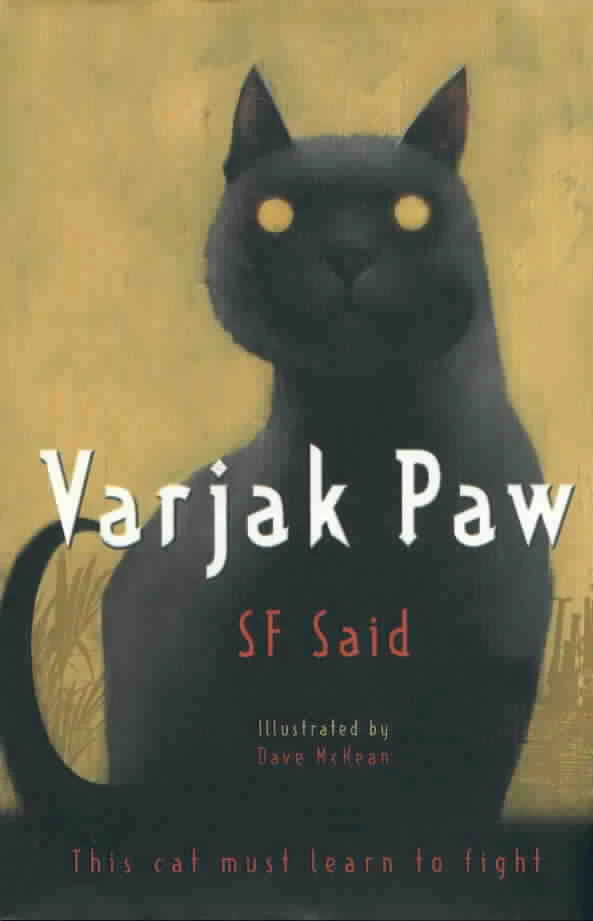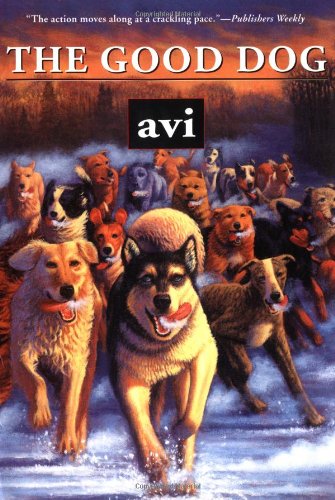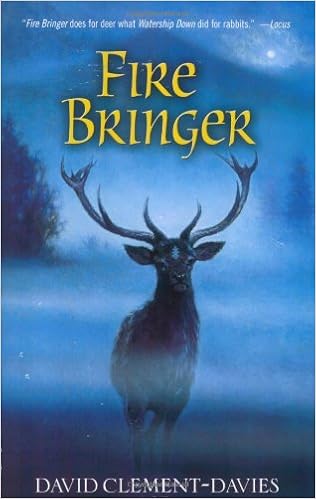And I thought to myself – hey! – I have never actually mentioned anthropomorphic books in this blog. So today, I’m making a list of novels that I enjoyed in my younger years. (The age ranges for the books are all over the place, so I’ll be sure to mention them for each one. I mean, there are definitely some Middle Grade books that are still considered classics to me. Perhaps you had read them once, too?)
*Cats
Ah, I couldn’t start a list of anthropomorphic books without talking about the WARRIORS series by Erin Hunter. Kids my age were growing up with Harry Potter, but I declared my love to these cats instead. Started reading them when I was in seventh grade (fall of 2004, in case you were curious), and the series nowadays has ballooned into a behemoth. You could probably spend a couple of years just reading all of them now. As for me, I’ve read far too many WARRIORS books that I’d care to admit (they still take up a good chunk of my bookshelf), but their journeys entertained me.
Another cat book that caters more toward Middle Grade is VARJAK PAW by S.F. Said, and its sequel THE OUTLAW VARJAK PAW. The books also deal with fighting cats, but these cats have more of a martial arts slant. Plus, they have some really cool ink pictures on the pages.
*Dogs
I feel like the subject of dogs for an anthropomorphic book is a very common occurrence. Perhaps it’s only natural that we’d like to write about “man’s best friend” as if he had human thoughts.
In terms of Middle Grade, I remember reading THE GOOD DOG by Avi multiple times as a child. I was torn alongside the protagonist, McKinley the Malamute, as he had to make a decision to either join the wild or stay with his human pup. Not to mention the neighborhood Irish Settler who seems bent on overruling McKinley as leader.
As for more of an adult book, I also read THE CALL OF THE WILD by Jack London a couple of times. (Fun fact: I once wrote a research paper on Jack London in tenth grade.) Written in 1903, the well-known story follows Buck as he slowly ascends into a feral creature.
*Foxes
In the vein of London’s book, I think of VULPES THE RED FOX by Jean Craighead George. I think it’s technically categorized in the Middle Grade section, but since it was originally published in 1948, the writing could be a bit dry/difficult for a child. It has a bit of a sad ending, though.
*Wolves
Let’s not forget the dogs’ famous cousin – the wolf. Another popular anthropomorphic subject, I have a special place in my heart for David Clement-Davies’ book, THE SIGHT. The (Young Adult) story mainly follows white wolf, Larka, who is the center of an old prophecy. She grows in her Sight powers, and learns the meaning of true sacrifice. The ending broke my heart, but I understand why the story had to end in that particular way. (I would have done the exact same thing.)
Its sequel, FELL, is less anthropomorphic than its predecessor. It’s named after Larka’s black-furred brother (who also possess The Sight), but the novel focuses more on a teenage girl instead of Fell.
*Deer
Before THE SIGHT, Clement-Davies wrote a (Young Adult) book about deer called FIRE BRINGER. Once more, the protagonist finds himself wrapped up in an ancient prophecy. Switched at birth for his protection, Rannoch must hide his trademark white oak leaf marking on his head while he and his friends run from a tyrannical stag leader.
*Unicorns
A book of a similar name, there is also THE FIREBRINGER trilogy by Meredith Ann Pierce. And, yes, it’s about unicorns and prophecies (sensing a theme?), along with wyverns and griffins. I’d consider this more of an Young Adult/Adult book. The unicorns speak in Olde English, so the dialogue could be a bit difficult for younger readers. And there’s possible *cough* sibling incest *cough*.
Interested in other anthropomorphic books? I got you covered! I haven’t read any of the books mentioned below, but they’re on my list of “One Day I’ll Read Them. Hopefully. Sometime in My Lifetime, Anyway.”
*Rabbits: the REDWALL series by Brian Jacques (Middle Grade)(With twenty-one books in the series, it could keep you busy.)
*Bats: the SILVERWING trilogy by Kenneth Oppel (Middle Grade)
*Mice: the TALES OF DIMWOOD FOREST series by Avi (Middle Grade)(There are six books within this series. I’ve read one of them as a child.)
*Prehistoric Cats: THE BOOKS OF THE NAMED trilogy by Clare Bell (Young Adult) (I’ve been told that many former WARRIORS lovers turn to these books for a more adult read.)
If you’re interest in more of a semi-anthropomorphic novel:
*THE LAST UNICORN by Peter S. Beagle. I’ve never read the book, but I watched the animated 1982 movie multiple times growing up. (It’s strange how I can still remember the characters’ names. Although, sometimes I wonder how I got away with watching this as a child.) It follows the tale of a unicorn who believes that she is the last of her kind, and undergoes a quest to find the others.
And, finally, a list about books in an animals’ perspective would not be complete without ANIMAL FARM by George Orwell. I’ve written a blog post about this in the past, so I won’t talk too much about it again, but it’s still up there as one of my favorite books ever.







